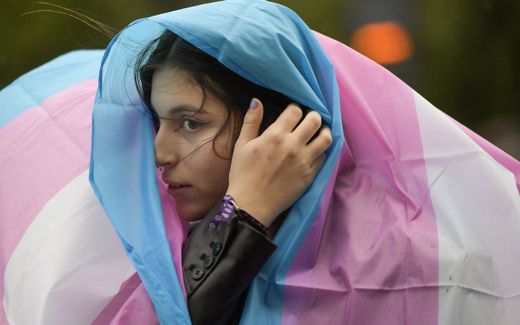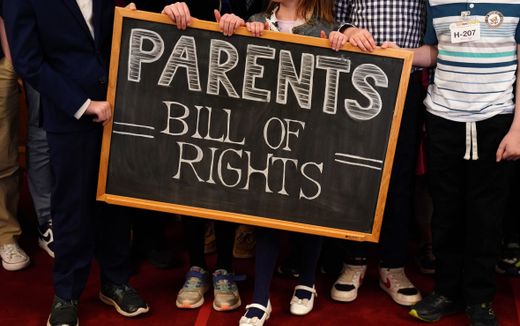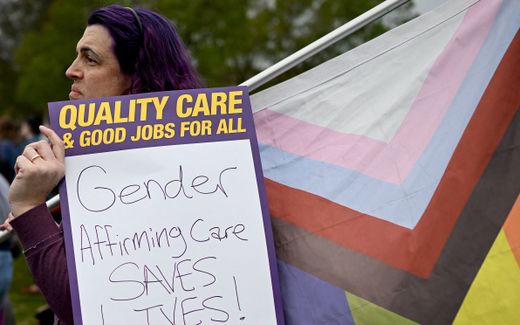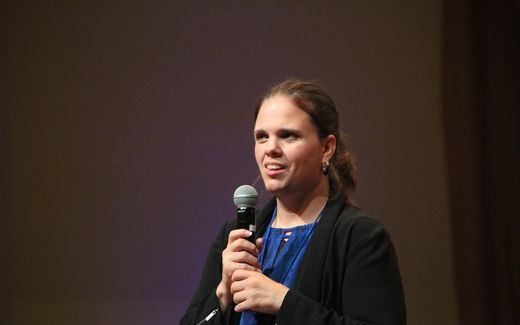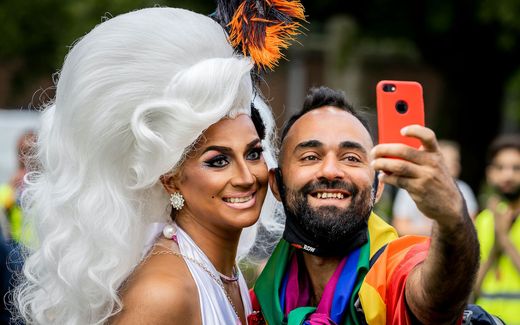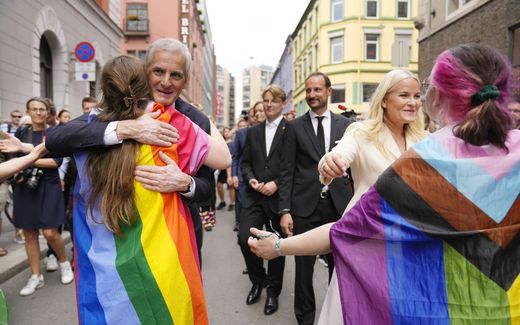What Christians should know about the transgender movement

Photo Canva.com
Opinion
Teenager Sandy does not feel comfortable in her body anymore. Without any restrictions, she changes her gender. And she is not the only one. What is this new trend all about?
An uncomfortable silence settled over the room. None of us knew what to say in response to what we had just heard. The Austrian mother on the panel fought to keep her voice steady as she read aloud the story of her daughter, Sandy (not her real name).
Once a joyful and easygoing child, Sandy had changed dramatically when she hit puberty. What began as a common adolescent identity struggle turned darker during the COVID-19 lockdowns. Isolated from her peers and cut off from everyday life, Sandy began to spiral.
The parents, trying to keep the family going and navigate homeschooling and their professional obligations, got increasingly out of touch with their daughter. She grew withdrawn, refused to join family meals or outings, and spent most of her time alone in her room, glued to her phone. Attempts to seek professional help failed.
Suicide
Then, days before school was set to reopen, her parents found a letter on the kitchen table. “I finally found out who I truly am,” Sandy had written. She explained that she was actually a boy and wished to be addressed by a male name. If they didn’t comply, she would take her own life.
The parents were shocked. How could their beautiful daughter have come to believe this? What had happened to her?
They tried to reason with her, gently resisting her demand. Eventually, under pressure and fear, they agreed to let Sandy use a gender-neutral nickname at school — a decision they would bitterly regret.
Puberty blockers
Once back at school, the family ran into a wall of affirmation. Teachers, school psychologists, and peers embraced and celebrated Sandy’s new identity. She began with binding her breasts, dressing like a boy, and talking about puberty blockers.
Just after Sandy’s 18th birthday, they received a letter from the civil office asking for our son’s postal address.
Alarmed, the parents asked the school to use her legal name only. “But it was too late”, the mother said, her voice breaking. One thing led to another — until, just after Sandy’s 18th birthday, they received a letter from the civil office asking for our son’s postal address.
Tragically, this is not an isolated case. I have heard similar stories from across Europe, but never realised it was happening even in Catholic private schools in Austria.
When Safeguards Fail
While some countries have begun to ban medical interventions for minors with gender dysphoria, others remain caught up in the momentum of the transgender movement. Vulnerable children are being swept onto what critics call “the trans train” — a path that leads to puberty blockers, cross-sex hormones, lifelong medical dependency, and irreversible surgeries that remove healthy body parts.
Even in countries now reversing course, the damage remains. A generation of young people bears the scars of decisions made too soon, too fast, leaving them lifelong patients. “We were treated like guinea pigs. They’re experimenting on young people with their whole lives ahead of them. It makes me angry. I think it’s incredibly irresponsible,” said one Swedish detransitioner in the documentary Trans Train.
Health care
Despite mounting evidence of harm — documented in leading reports like the UK’s Cass Review and studies from the U.S. Department of Health — powerful interest groups are working to suppress open debate. When U.S. NIH director Dr. Jay Bhattacharya warned against exposing children to “unproven and irreversible medical interventions”, The Guardian accused him of “interfering in the healthcare of transgender children.”
This isn’t just a matter of theological interest — it’s about protecting children.
In Brussels, child protection advocate Chris Elston and Lois McLatchie Miller were surrounded by an angry mob while holding signs reading “Children are never born in the wrong body” and “Children cannot consent to puberty blockers.” When they called the police for protection, they themselves were arrested, strip-searched, and detained for hours.
Even the Austrian university that hosted the conference where Sandy’s mother spoke was later accused of “right-wing extremism.” Meanwhile, left-wing feminists who dare to say that a man cannot be a woman are dismissed as “TERFs” — trans-exclusionary radical feminists — and subjected to the most aggressive campaigns to silence them.
What Christians Must Understand
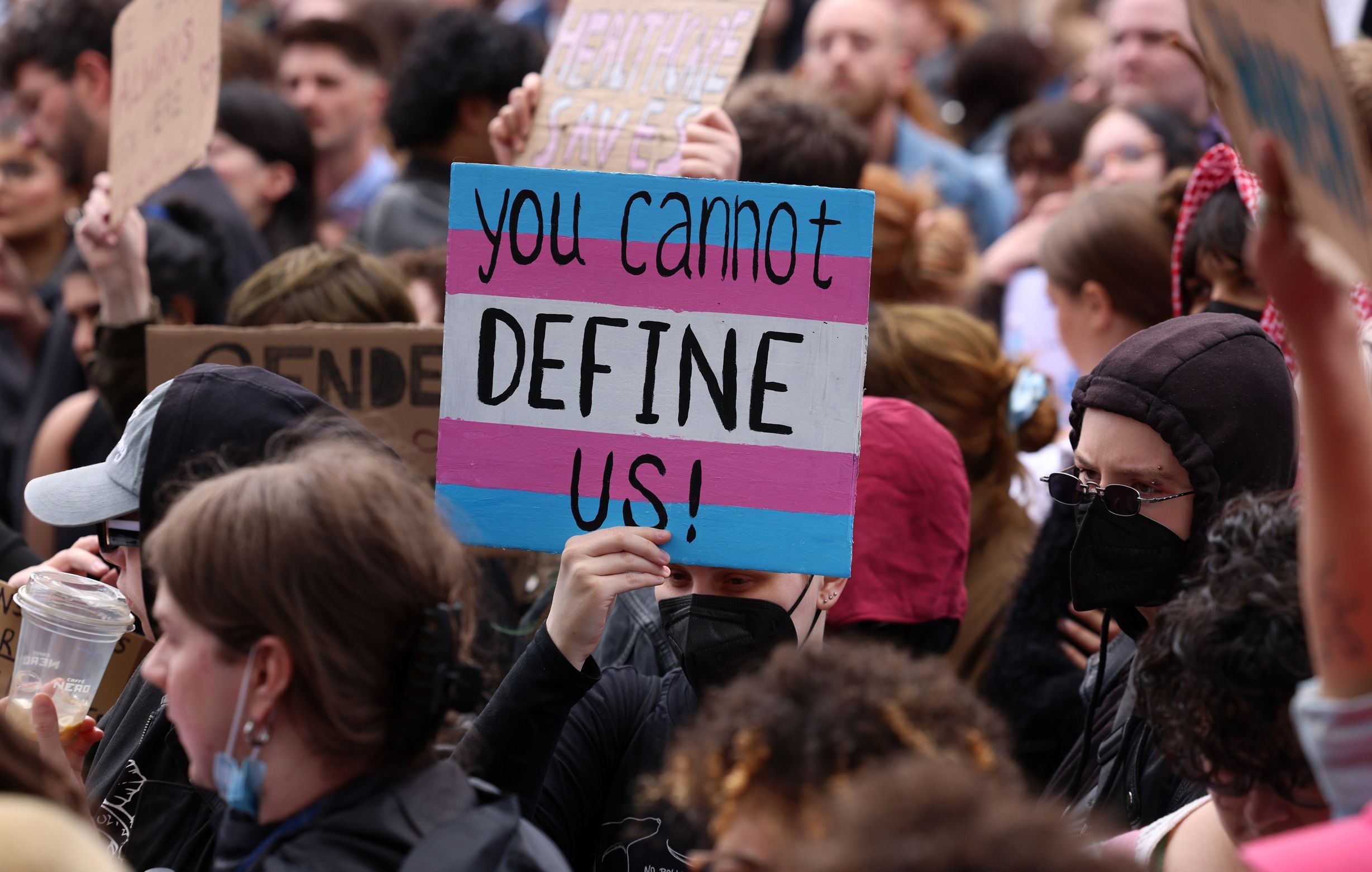
Many Christians avoid this issue — for understandable reasons. The transgender ideology presents male and female identity as self-determined rather than given. It, therefore, directly contradicts the Christian understanding of the human person. But this isn’t just a matter of theological interest — it’s about protecting children.
We are facing what may be one of the most destructive ideologies and greatest injustices perpetrated against teenagers in the modern West. Parents cannot afford to look away.
First, we must understand the ideological roots of transgender theory. It draws on three primary sources:
Marxism, particularly Engels’ portrayal of the family as a form of “domestic slavery” from which women must liberate themselves — a vision further developed by thinkers like Bornemann, who postulated a genderless society.
Radical feminism, with Simone de Beauvoir’s famous assertion that “one is not born a woman, but becomes one.”
Postmodern constructivism, most notably Judith Butler’s claim that not only gender but even biological sex is a social construct.
Second, Christians need to rediscover and learn to articulate their anthropology. Christianity teaches that we are not self-created beings, but creatures made by God, that the body is not an obstacle nor raw material to be moulded but a gift, that true freedom comes not from violating boundaries but from accepting and belonging, and that men and women are made for complementarity, not conflict.
Finally, parents must know their rights: the right to be informed about the content of their children’s sex education; the right to express concerns to teachers and school administrators; and the right to opt their children out of materials or programs that contradict their religious beliefs.
If we remain silent and passive, we may become guilty of surrendering our children to a lie. But if we speak the truth in love — with courage, clarity, and compassion — we may help them find their way home.
Related Articles


